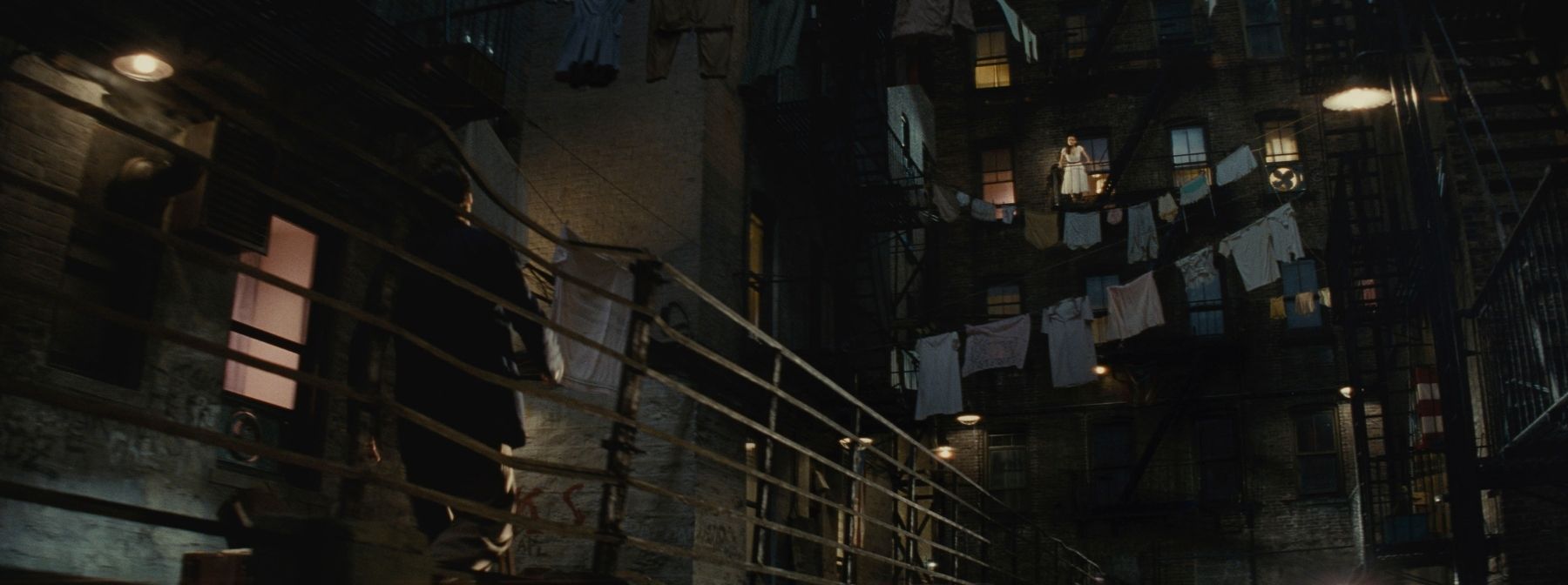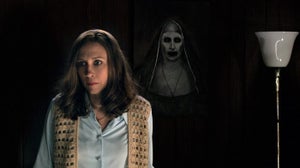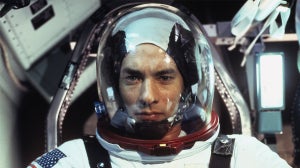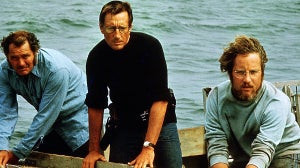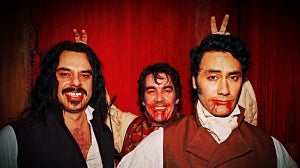
His reimagined take on West Side Story hits theaters this weekend, after many years of failed attempts at directing a musical, and a full decade since he acquired the rights to adapt this story for a new generation.
“I had developed three movies as musicals and scrapped each of them a year into working on them as I just couldn’t get them right”, he told Zavvi.
“Hook almost was a musical. Leslie Bricusse had written nine songs with John Williams, and then on the fourth day of shooting I changed my mind and scrapped all of the musical numbers!”
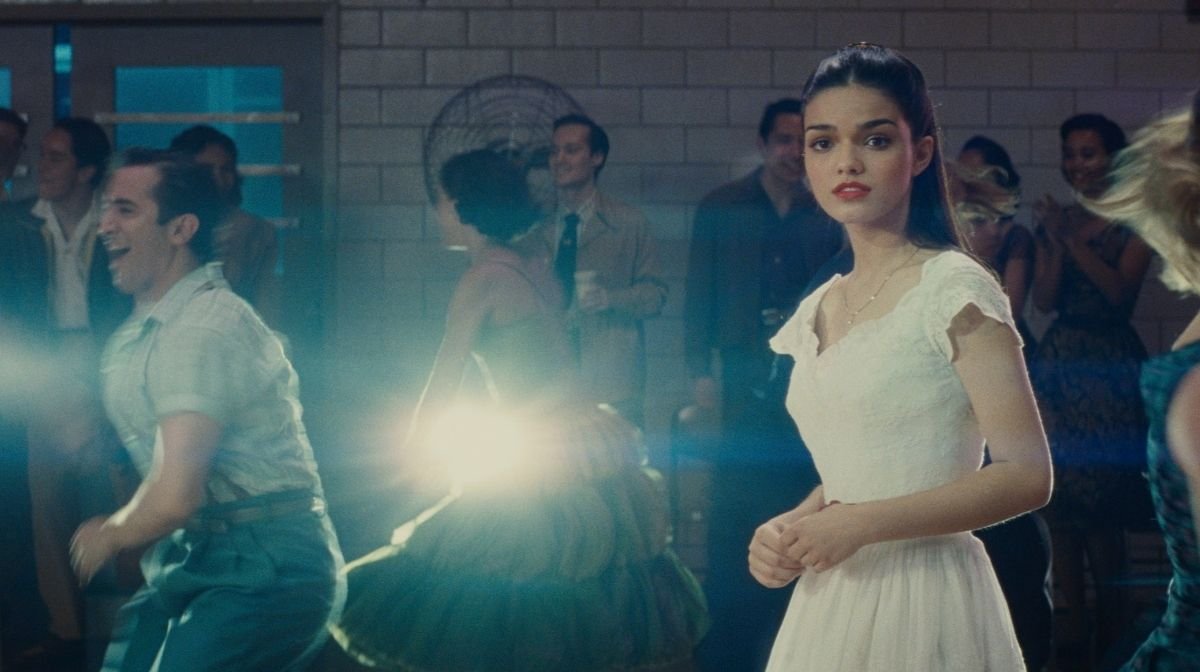
Taking on one of the most beloved musicals of all time, especially after the previous movie adaptation was a Best Picture winner in its own right, is a daunting task for anybody. But this wasn't what concerned Spielberg.
“It wasn’t daunting to me because of the tremendous stage production and that first film adaptation - it was daunting simply because I’d never made a musical before.
"I’ve been a long term admirer of the genre, and a very loyal audience member whenever a new screen musical is released, but it’s something I’d never quite managed to do myself."
https://www.youtube.com/watch?v=A5GJLwWiYSg
The Romeo And Juliet inspired story remains the same; two teenagers (Tony and Maria, played here by Ansel Elgort and newcomer Rachel Zegler) tenuously connected to rival street gangs fall in love, only accelerating the simmering cultural tensions in a racially divided neighbourhood at a time of rapid gentrification.
West Side Story had long been top of the list when the director was looking for the perfect musical to adapt, but ten years ago was when he finally plucked up the courage to approach lyricist Stephen Sondheim, and the estates of Arthur Laurents and Leonard Bernstein, to enquire about making it.
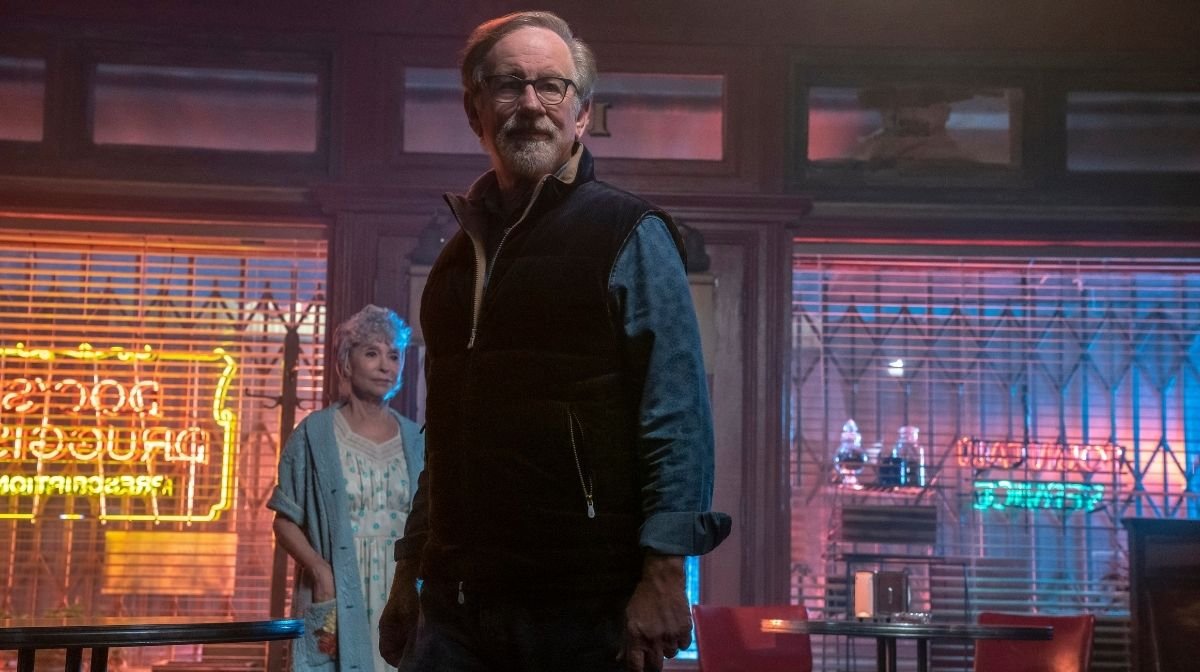
Then came the bigger challenge: how was he going to reimagine an iconic production for a new generation?
Sitting down with screenwriter Tony Kushner (who previously worked with the director on Munich and Lincoln), their first aim was to ensure they didn't make the same mistakes as the last adaptation:
“There was no question about changing the setting, the pitch was always to keep it in New York in 1957, but make it relevant to the world we live in today. We wanted to do this with a greater authenticity, and to make the characters more complex than they were in previous adaptations.”
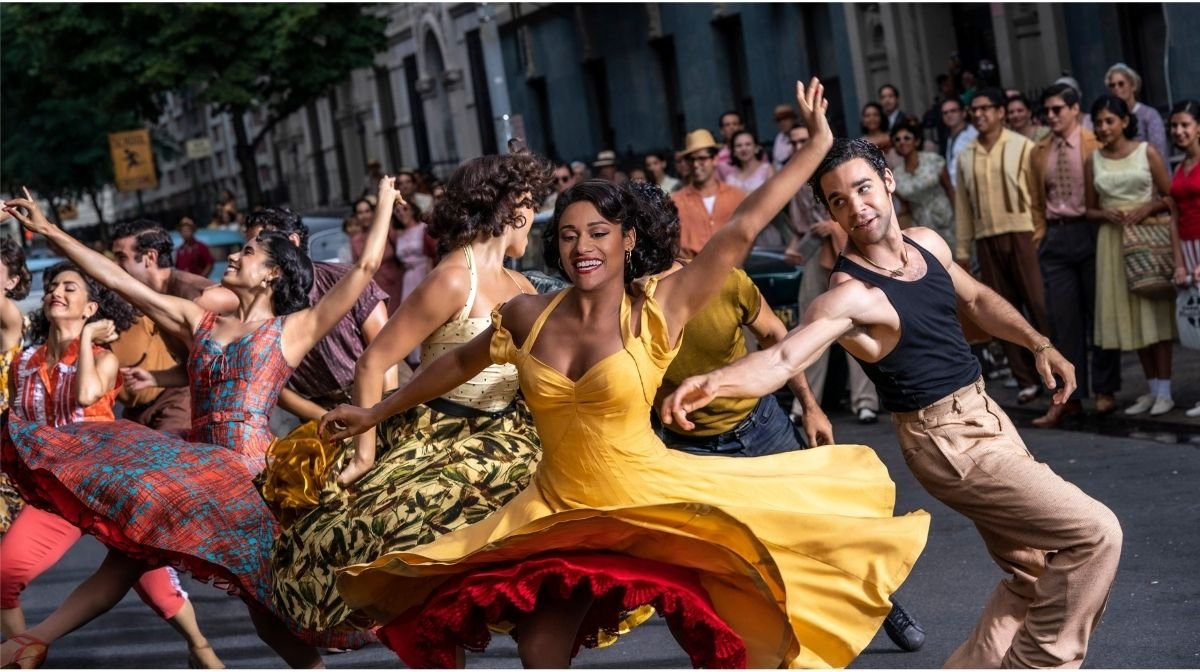
This authenticity was integral to the casting. Unlike the prior adaptation, where the cast was mostly white, here the director is proud to say that every actor playing a character of Puerto Rican descent is from a Latin American country:
“There were a lot of people who auditioned for this movie who sent in tapes that we couldn’t consider, because they weren’t from Latinx countries. We didn’t want to back down from this.”
To further achieve this authenticity, the director worked closely with Rita Moreno, who won an Oscar for Best Supporting Actress for her portrayal of Anita in the 1961 version, where she was one of the few performers of Puerto Rican descent.
Initially, she was only brought in for a supporting role as Valentina, a new character who replaces the original of Doc:
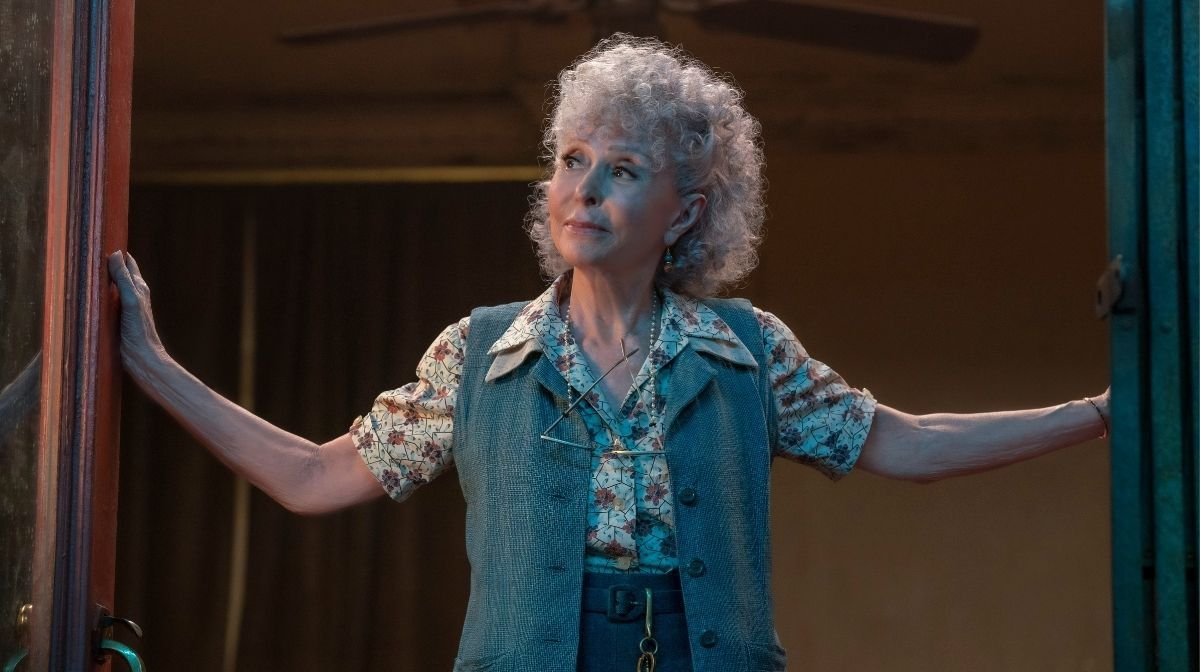
“The character of Valentina came from Tony's husband Mark Harris, who said we should try and bring in Rita Moreno for a part - his pitch was that Doc will have passed on and left a widow who had taken over running the candy shop. I just went crazy hearing it, why didn’t we think of this brilliant idea?"
Six months later, with Valentina written into the screenplay, the director finally approached the screen icon:
“She said, 'darling, I don’t just want to do a cameo in your film - I know you’re thinking of me because of the 1961 West Side Story, and I don’t want to appear in this as a stunt'. So I told her to read the script, and she called me back the next day and she was all in."
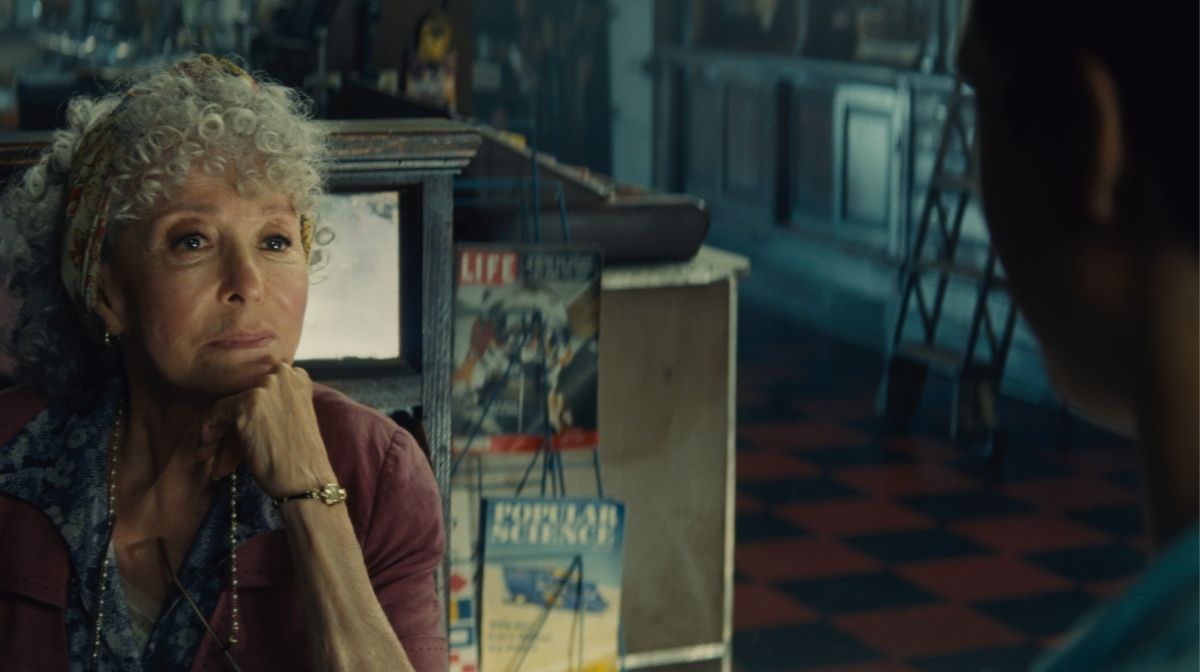
“Our relationship started as director/actor, but as I got to know her more, I realised that she’d be equally valuable working with us behind the camera, helping building a bridge to the Puerto Rican community.
"She gave the best motivational talks through four and a half months of rehearsal, and brought in people who had lived in San Juan Hill in 1957, who were kicked out of their homes in the slum clearance project, to speak to the cast and crew to share their personal histories".
This historical research proved vital for the director when it came to bringing fifties Manhattan to life: “This is cinema and not theatre. I didn’t want the sets to look like they could be taken straight out of a theatrical production - they needed to be as authentic as the performances and the writing."
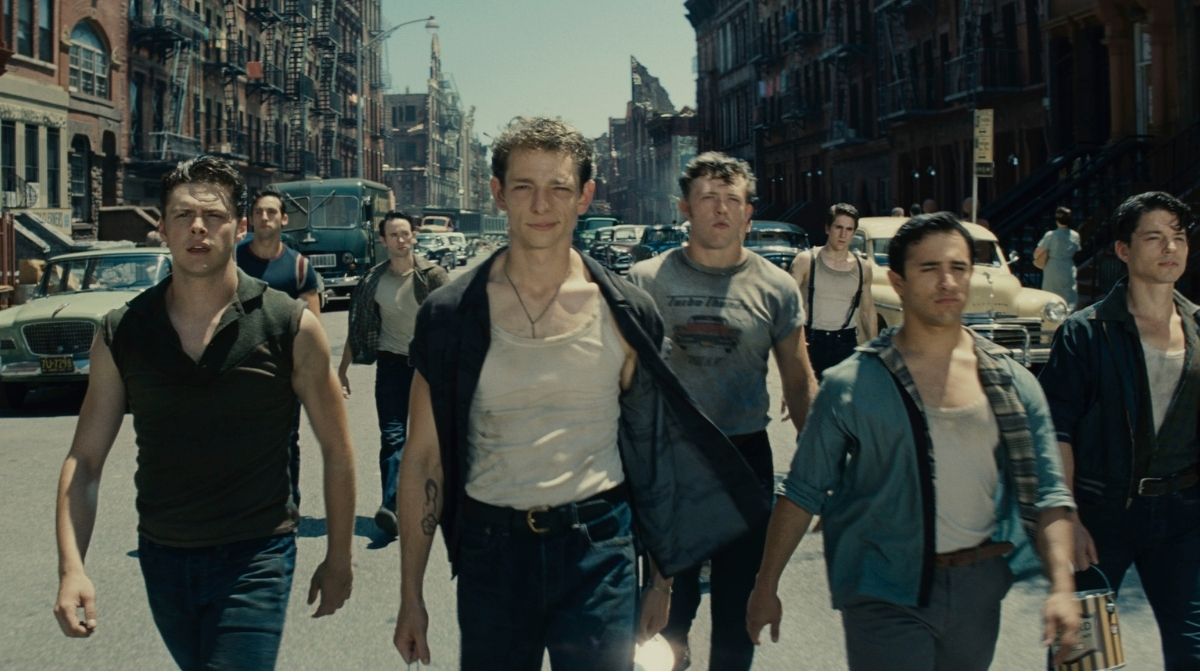
"Tony was setting a high bar by reimagining these characters with a greater complexity in the nature of who they are, and that inspired me to be more authentic in the way I shot the film. It needed to look like the real streets of New York, we couldn’t be mixing our metaphors.”
West Side Story is being released in cinemas two weeks after the death of lyricist Stephen Sondheim, one of the most influential figures in the history of Broadway.
The original stage production marked his first time writing lyrics for a major show - and if writing some of the greatest musical numbers of all time on his first try wasn't impressive enough, then the fact he was just 24 when he penned them is proof of his genius.
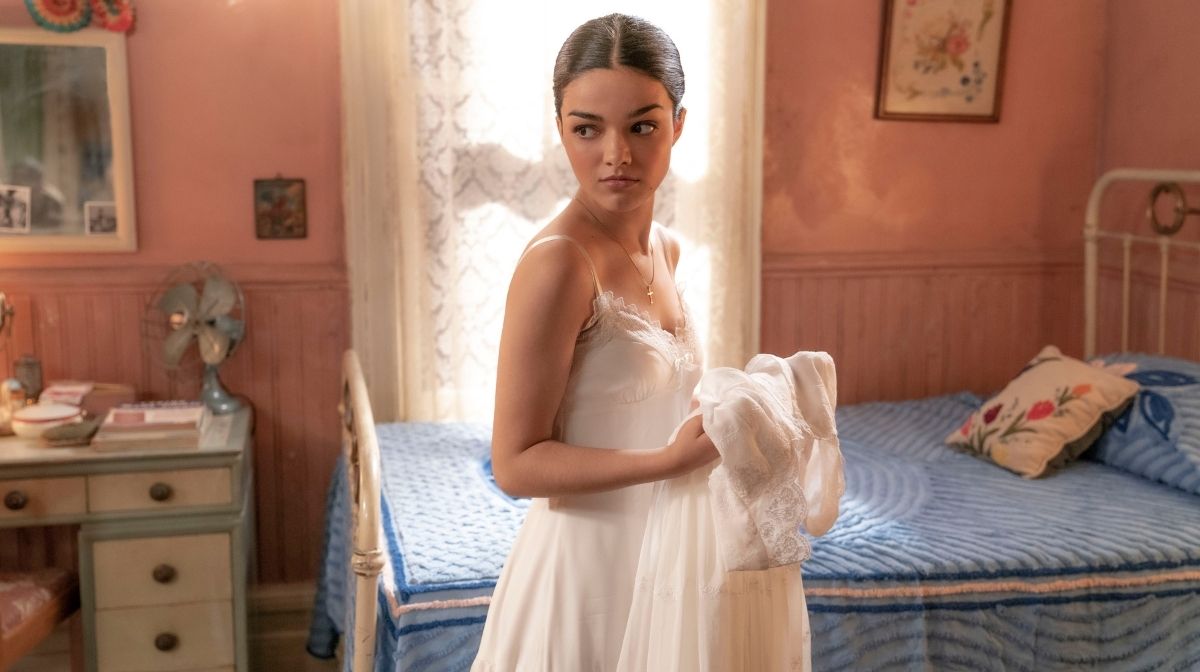
Naturally, Spielberg had long been a fan of his work: “My relationship with Stephen Sondheim’s work is the same as that of anybody who is familiar with it. I think he's a genius, who transfigured theatre and the culture of theatre.
"His best works were these non-linear, experimental productions that inspired so many other playwrights and composers to take this approach.
"When he stopped writing lyrics and moved into making his own productions, like Company and A Funny Thing Happened On the Way To The Forum, he completely changed the form of the musical."
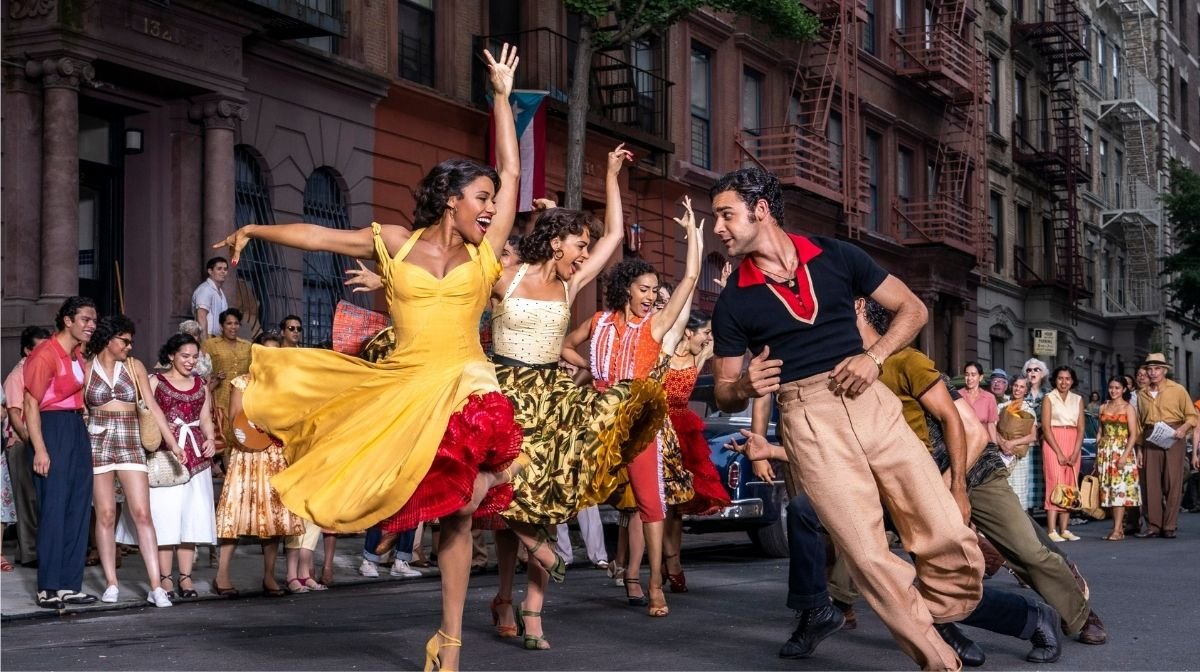
West Side Story was originally scheduled for a 2020 release, but was pushed back because of the pandemic. This did mean though Spielberg could screen his adaptation for Sondheim prior to his passing.
“I personally showed him and his husband Jeffrey the finished film back in February, and I left that screening feeling like I hadn’t made a single mistake in this reimagined version. His reaction was just fantastic."
Having finally achieved his dream of making a musical after so many failed attempts, what would be the one piece of advice Spielberg would give himself looking back?
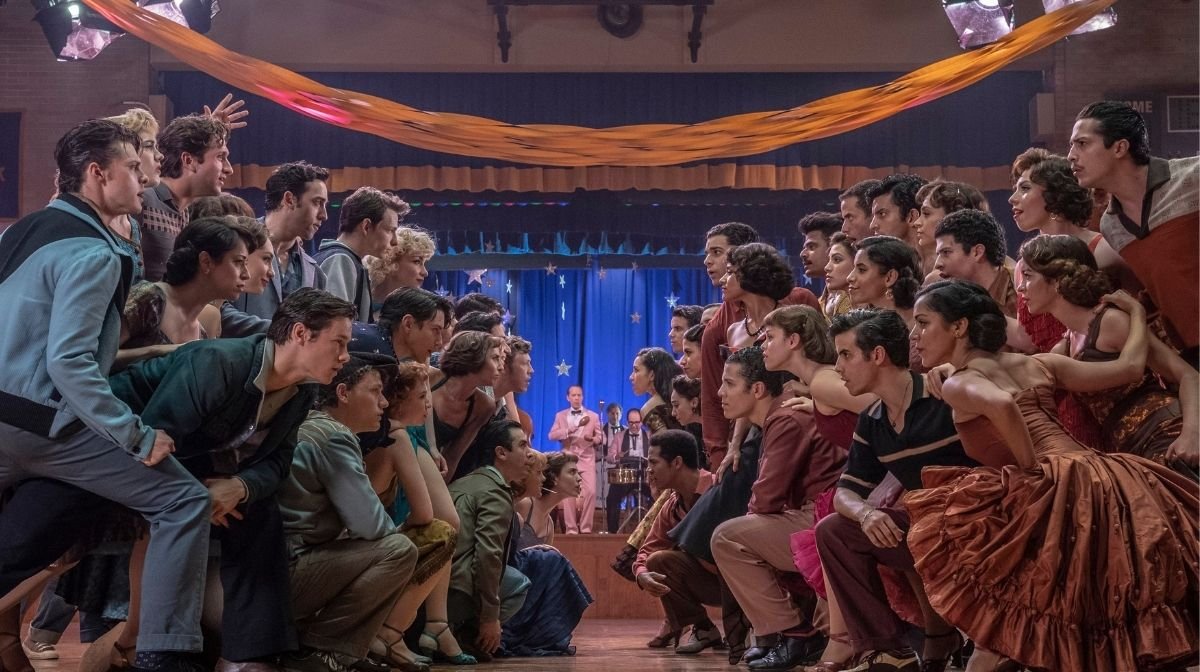
“The only advice I’d give to myself having now made one would be more of a pat on the back: that I’m glad I waited until now. I could have turned a number of my projects into musicals over the years, but it was the right call to wait until this moment."
But looking back on his career, and several abandoned musical projects, does he now think any of them should become a musical?
“I think Jaws should be a musical - the score’s already there, now I just need a character who can sing while they swim fast, and rehearse some choreography in those Olympic-style formations”. Well, we'd love to see it!
West Side Story is in theaters now.
For more from planet pop culture, follow us on Facebook, Twitter, and Instagram.

